Why future-ready talent is more than just digitally skilled?
We live in a world where technology is evolving faster than most of us can keep up. Artificial intelligence is rewriting how we work. Automation is reshaping how businesses operate. Esports, once a niche interest, is now a billion-dollar industry offering real career paths.
And through it all, one truth is rising to the surface:
Technical skills get you noticed, but soft skills help you thrive.
In the past, being job-ready meant having the right qualifications or mastering a specific tool. But in today’s tech-first landscape, it’s no longer enough to know what to do, you need to know how to think, adapt, and connect with others.
For students planning their futures, educators guiding them, and professionals trying to stay ahead, this shift matters. Deeply.
What Are Soft Skills, and Why Are They Crucial Today?
Soft skills are the personal, social, and emotional abilities that shape how we work and interact. They include:
-
Communication – Can you explain your ideas clearly? Do you listen actively?
-
Adaptability – Can you stay grounded and flexible in fast-changing environments?
-
Collaboration – Can you work well across teams, cultures, and roles?
-
Emotional intelligence – Are you aware of your own emotions and respectful of others’?
-
Problem-solving – Can you approach challenges with creativity and calm?
These may not be flashy on a CV, but they are the skills employers are quietly prioritizing.
In fact, the World Economic Forum’s Future of Jobs Report lists soft skills like critical thinking, creativity, leadership, and resilience among the top in-demand abilities through 2025 and beyond.
LinkedIn’s global talent research shows that 92% of hiring managers say soft skills are equally or more important than hard skills.
Why? Because technology can do many things but it can’t build trust, navigate team dynamics, or lead through uncertainty. Only humans can.
Let’s Look at Real-World Examples
In esports, technical talent matters but winning teams don’t just rely on individual skills. They win because they communicate under pressure, manage emotions, and constantly adjust their strategy.
In software development, coding is critical but developers also need to present ideas, collaborate on complex systems, and troubleshoot breakdowns with empathy and clarity.
In digital marketing, knowing how to use SEO or analytics tools matters but connecting with audiences, managing clients, and adapting to changing trends makes the difference between good and great.
Across industries, success is no longer a solo act. The world of work is more connected, more global, and more complex than ever. And that means how you work with people is just as important as how you work with machines.
Why Young People Need This Mindset Now
Young people today are entering a job market unlike any other generation before them. Some of the jobs they’ll hold haven’t even been invented yet. Some industries they’ll lead in like AI ethics, augmented reality, or sustainable tech, are just emerging. In that kind of world, skills age fast.
So, what stays relevant?
The ability to learn quickly.
The confidence to lead through ambiguity.
The capacity to build human connections across digital spaces.
That’s where soft skills come in. They aren’t tied to a specific role, platform, or tool. They grow with you. They move with you. They make you future-ready in a way no certification can.
How to Build Soft Skills That Set You Apart
Here’s the good news: You don’t have to wait for a job or degree to start building your soft skills. You can grow them through everyday choices and experiences. Here’s how:
1. Seek Out Team Experiences
Join a club. Enter a team challenge. Volunteer at an event. Every time you work with others, you get better at communication, collaboration, and conflict resolution.
2. Reflect Often
After every group project or high-stress moment, pause and ask:
-
How did I handle that?
-
What could I have done better?
-
How did I help (or hurt) the team dynamic?
Reflection turns experience into growth.
3. Practice Emotional Awareness
Notice how you feel when you’re frustrated, excited, nervous, or stuck. Learn to manage those emotions instead of reacting to them. The more self-aware you become, the more emotionally intelligent you are.
4. Communicate with Intention
Practice clear communication whether you’re writing a message, giving feedback, or presenting an idea. Use real words, not jargon. Ask questions. Listen fully.
5. Stay Curious
Adaptability and problem-solving grow from curiosity. Stay open to new ideas, tools, and ways of working. Learn from people who are different from you.
For Educators & Career Advisors: What This Means for Your Students
Helping students get job-ready isn’t just about teaching them the latest tech tool. It’s about helping them grow into professionals who can thrive in fast-changing environments.
That means:
-
Designing learning experiences where collaboration matters.
-
Encouraging reflection and peer feedback.
-
Making space for emotional intelligence to be part of the curriculum.
Students don’t just need knowledge. They need confidence, connection, and critical thinking. Those come from a soft skill foundation.
For Career Switchers & Early Professionals: Don’t Just Upskill, Human Up
It’s easy to feel pressure to learn every new app, platform, or system. But your soft skills may be your most powerful differentiator.
Imagine this:
-
Two people apply for the same job.
-
Both know how to use the tools.
-
But one can lead a meeting, manage client expectations, stay calm in a crisis, and uplift their team.
Who do you think gets the job, and keeps it?
The one who works well with people.
That could be you.
Soft Skills Are the Power Skills of the Future
We need to stop calling them “soft.” There’s nothing soft about staying calm under pressure, leading with empathy, or adapting when everything shifts.
These are power skills.
And the future belongs to those who take them seriously.
The Future Needs More Than Code
The tech-driven job market is not just about AI, automation, and algorithms. It’s also about adaptability, trust, collaboration, and empathy.
Yes, we need people who understand the tools.
But we also need people who know how to use them wisely, together, and with purpose.
At Nexgen Careers, we’re here to help you grow in every direction. Because the future of work isn’t just digital, it’s deeply human.
Ready to grow your soft skills?
Start by asking:
-
Where do I shine in human connection?
-
Where do I need more practice?
-
What small step can I take this week to stretch one soft skill?
You’ve got more power than you think, and the future is waiting.
